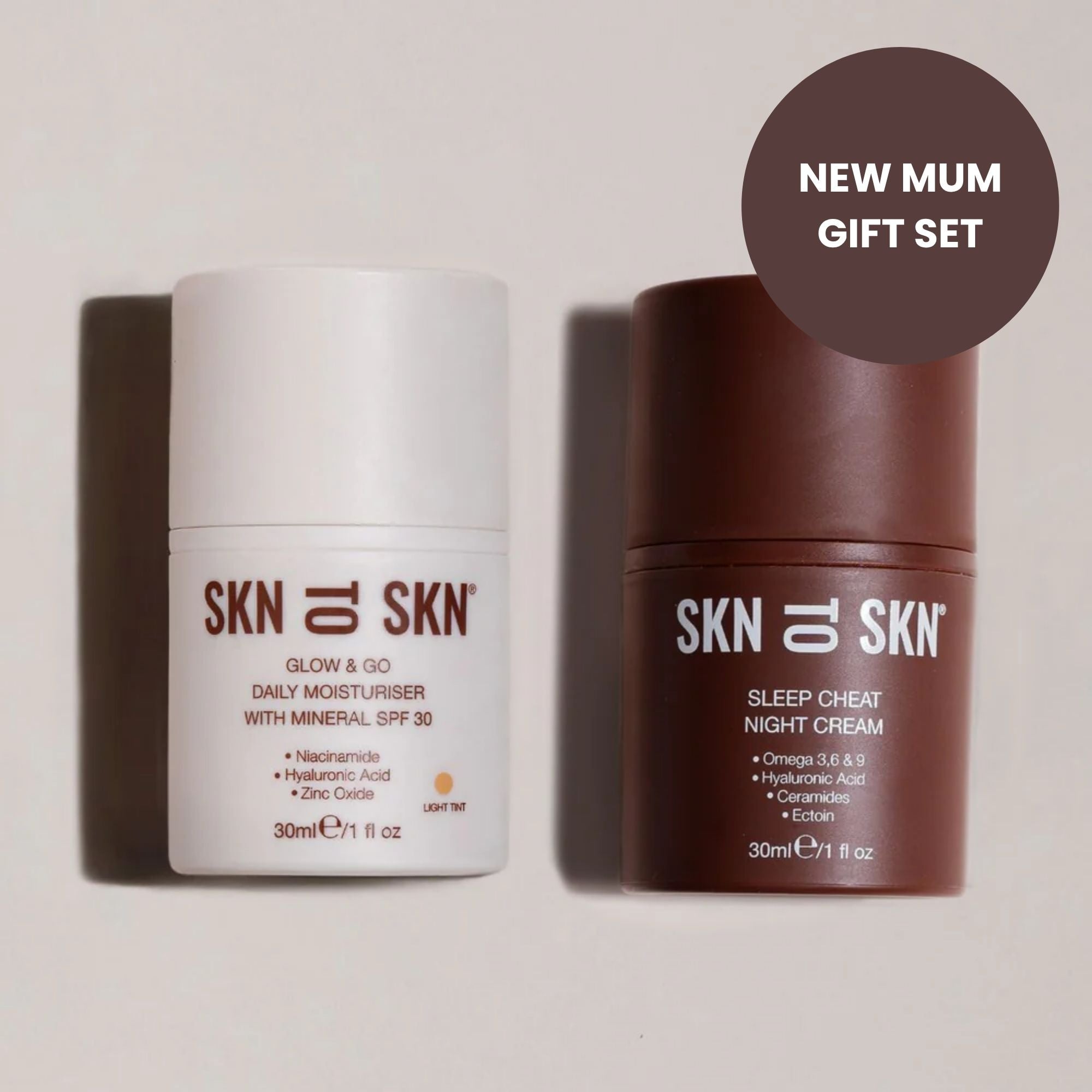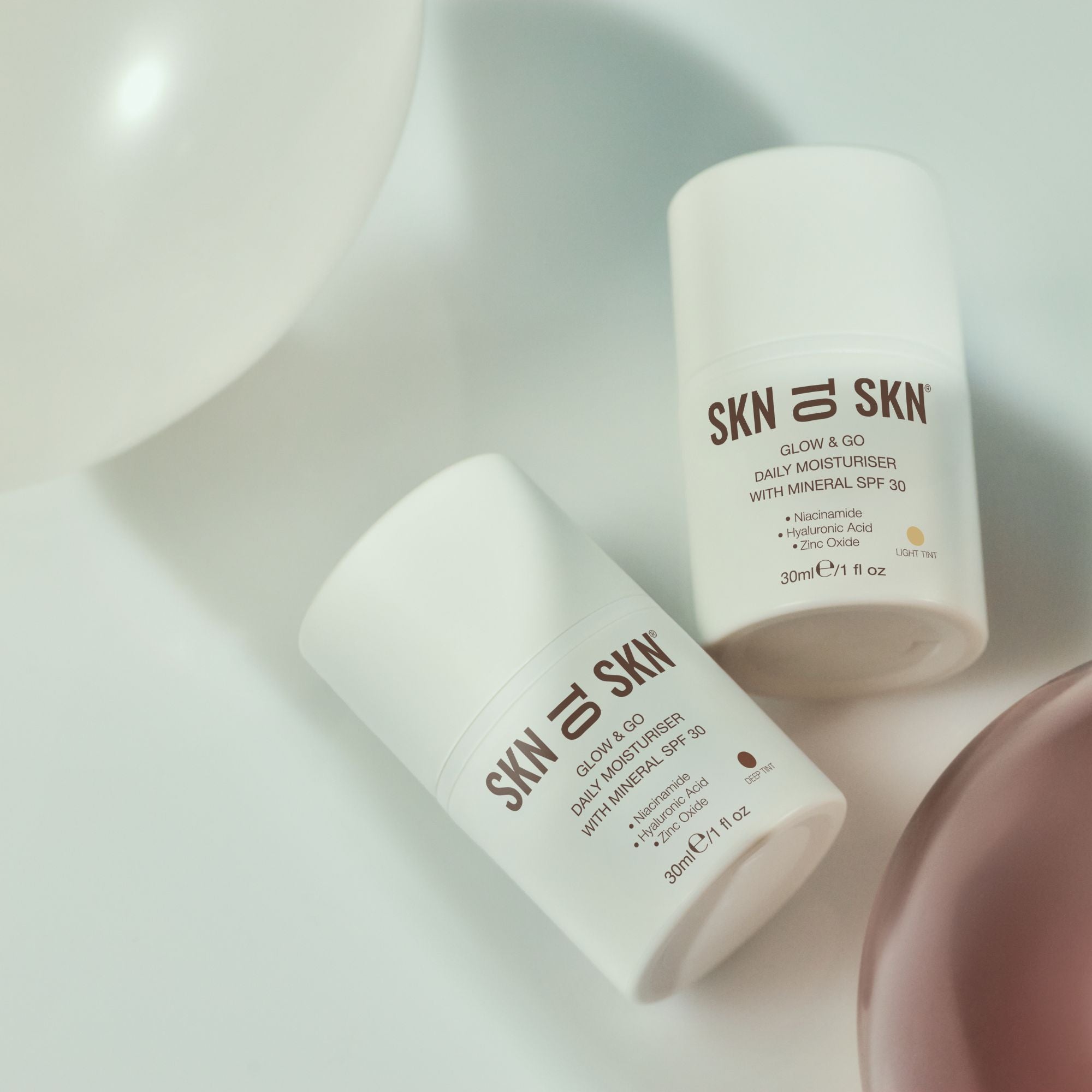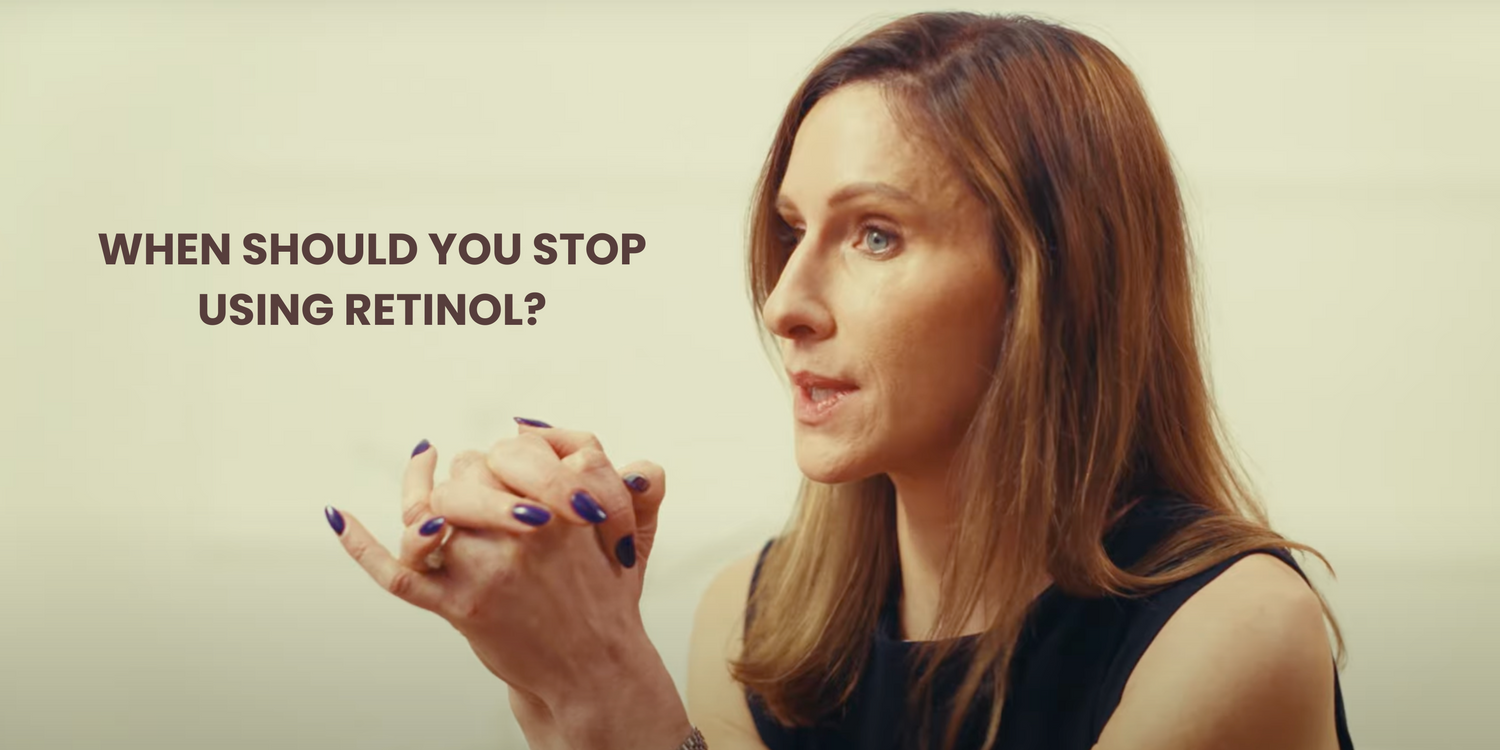The UK retinol beauty products market reached an impressive USD 58.4 million in 2024, reflecting the growing demand for retinol-based skincare. (Professional Beauty, 2025)
Join our Consultant Dermatologist Advisor, Professor Caitriona Ryan, as she explains when to safely pause retinol during your pregnancy journey and why making the switch at the right time is so important.
When Is Stopping The Use Of Retinol Suggested?
What Can't You Use Retinol During Your Pregnancy?
Retinol is a much-loved skincare ingredient because of the way it smooths skin, supports collagen, and helps with signs of ageing. But during pregnancy, it’s one to set aside.
That’s because retinoids (the family of ingredients retinol belongs to) can be absorbed by the body. While the amount absorbed from topical products is much lower than from prescription tablets, health professionals advise avoiding retinol in pregnancy, simply out of caution.
The good news? There are plenty of gentle, pregnancy-friendly alternatives like niacinamide, peptides, vitamin C, and hyaluronic acid that can keep your skin healthy and glowing during this stage.
What Is Organogenesis?
Organogenesis is the stage of early pregnancy when your baby’s organs begin to form. It usually takes place between weeks 3 and 8 after conception. During this time, the heart, brain, spinal cord, and other major organs start developing from basic embryonic cells.
Because it’s such an important window for growth, organogenesis is also when the developing baby can be most sensitive to certain medications, skincare ingredients, and environmental factors. That’s why healthcare professionals often advise being especially mindful of what you use or take during this period, even before you know you’re pregnant.
Final Thoughts...
Retinol is a powerful ingredient with incredible benefits, but pregnancy is a time to shift your focus toward gentle, supportive skincare. By pausing retinol as soon as you’re trying to conceive, you can feel confident that your routine is safe throughout those early, sensitive stages of development. With plenty of effective, pregnancy-friendly alternatives available, it’s possible to care for your skin while also protecting your baby’s growth. And remember that if you’re ever unsure, a quick conversation with your dermatologist or healthcare provider can give you the reassurance and guidance you need.
 Written by Professor Caitriona Ryan, Consultant Dermatologist
Written by Professor Caitriona Ryan, Consultant Dermatologist




